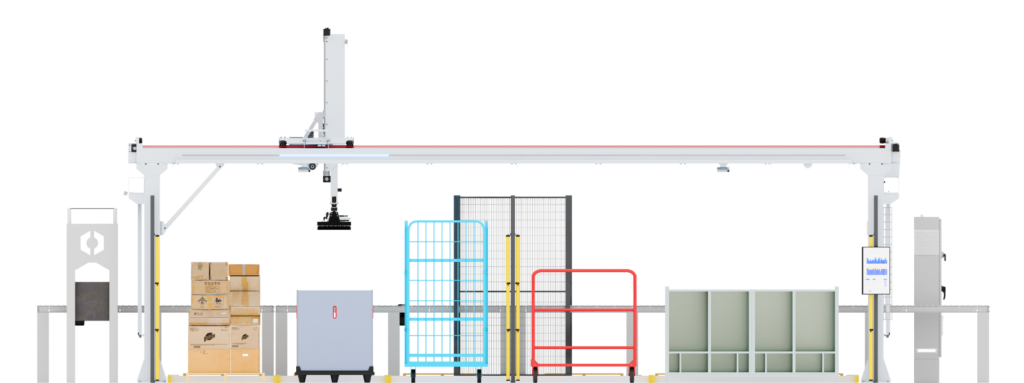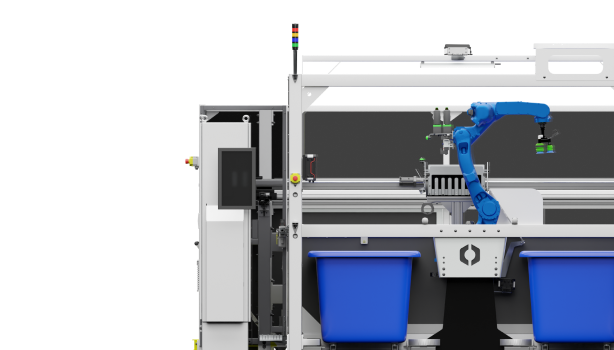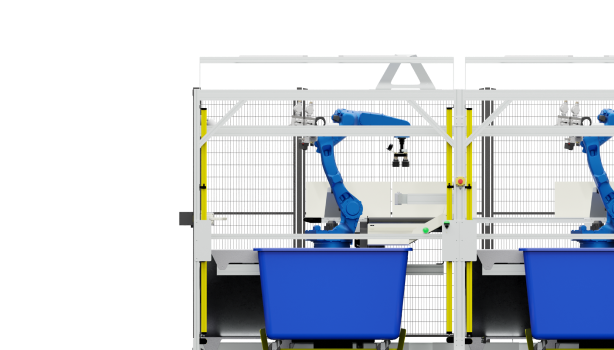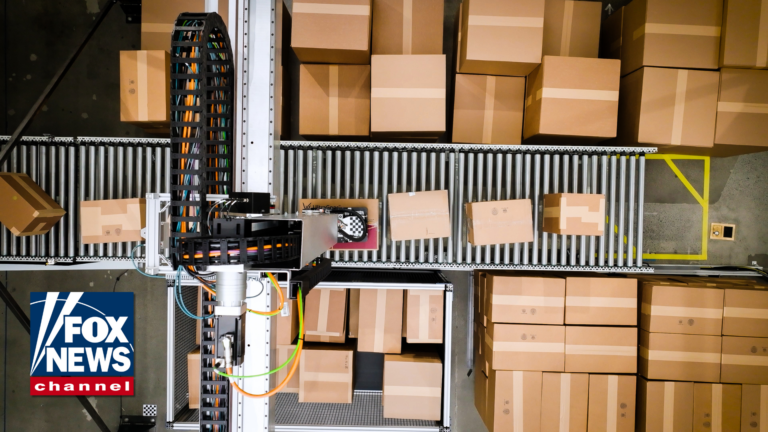IN THE NEWS
Leased Robots Roll in to Help Logistics Firms Handle Holiday Crush
More firms are opting to lease robots to meet demand surges amid a labor shortage.
Logistics firms looking for extra help during the holidays are leasing temporary package-handling robots, which can be returned to their manufacturers when online shopping orders cool down after the seasonal rush.
Leased robots, which have grown in popularity across the industry in recent years, can be added to existing fleets of warehouse, distribution and fulfillment center robots at any time to support an anticipated jump in demand, robot vendors say.
The robots are increasingly being used for picking up and sorting packages, receiving and unloading them, moving heavy payloads and replenishing stock shelves, among other automated tasks, they say.
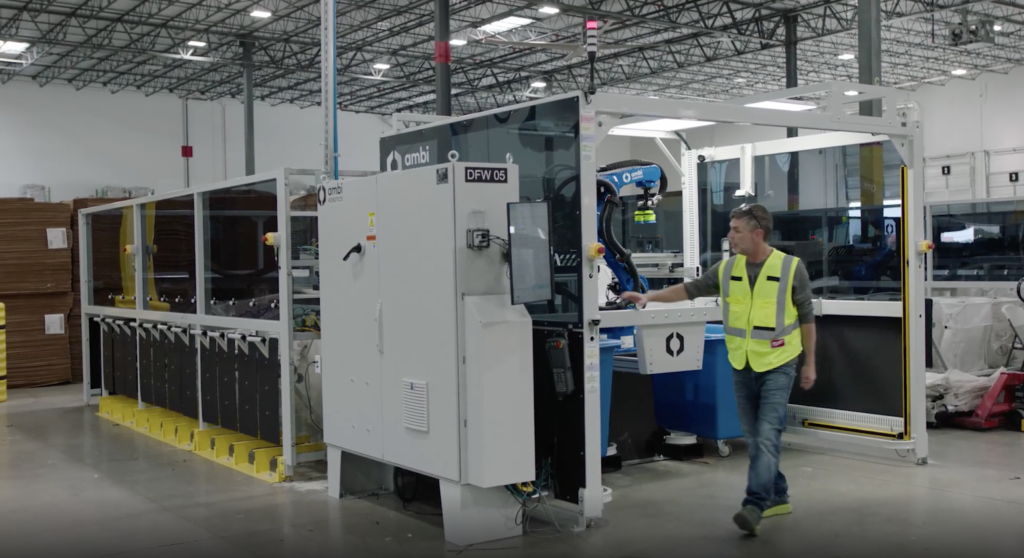
Known as robots-as-a-service, leased robots are employed widely in manufacturing, but are relatively new to the logistics industry, analysts said. Under the model, users are charged a subscription-like fee from third-party robotics firms, with varying rates based on the type of tasks being performed, processing volumes or the kinds of packages being handled.
By leasing robots, companies are spared high upfront costs and ongoing maintenance expenses. On the downside, orders for subscription-based robots have to be made well in advance of an anticipated upturn in demand—which can be hard to predict in an uncertain economy—to allow vendors sufficient time to program and install the robots for specified tasks.
Pitney Bowes Inc., the 102-year-old mail and package processing firm, last year deployed subscription-based robots at its Stockton, Calif., e-commerce hub to sort parcels during the holiday season. The extra robots, provided by Berkeley, Calif.-based Ambi Robotics Inc., helped the company handle a surge of packages, it said.
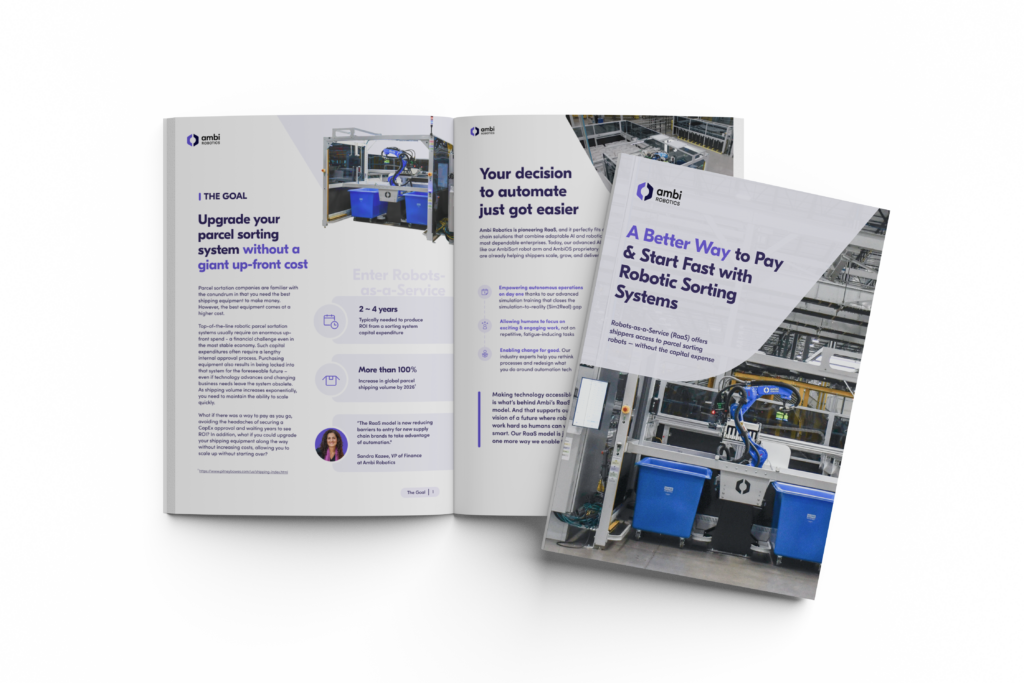
Learn more about RaaS
There is a better way to pay and start fast with AI-Powered robotic sorting systems. Get the guide to learn more.

